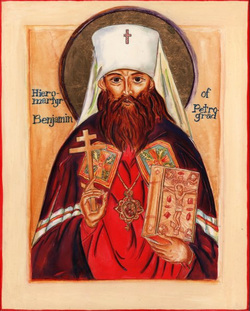
Among those who suffered was St. Benjamin, a deacon, who had been imprisoned a year for, his Faith. At the end of this period an ambassador of the Emperor of Constantinople obtained his release on condition that he would never speak to any of the courtiers about religion. St. Benjamin, however, declared that it was his duty to preach Christ and that he could not be silent. Although he had been liberated on the agreement made between the ambassador and the Persian authorities, he would not acquiesce in it , and neglected no opportunity of preaching. After untold Suffering and tortures, St. Benjamin died a martyr about the year 424.
PRAYER: Grant, we beseech Thee, almighty God that through the intercession of Blessed Benjamin, Thy Martyr, we may be delivered from all bodily ills and may be cleansed in mind from evil thoughts, Amen,
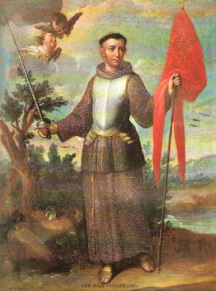
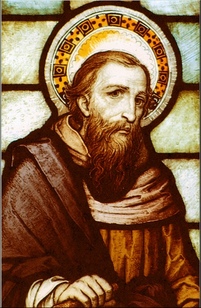
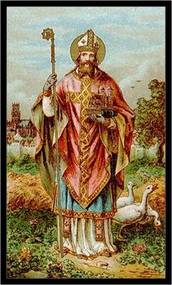
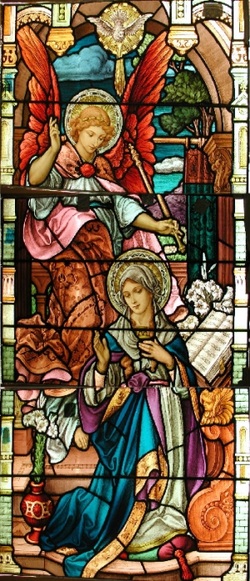
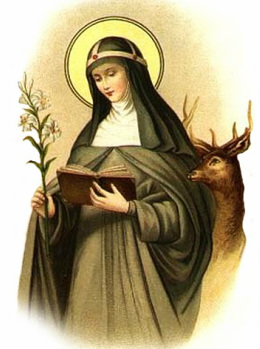
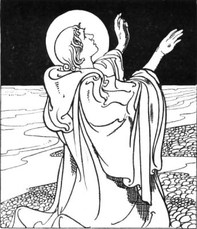
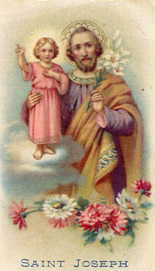
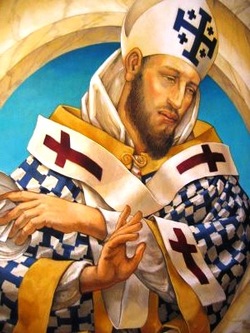
 RSS Feed
RSS Feed